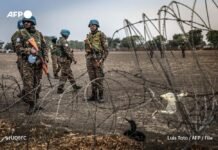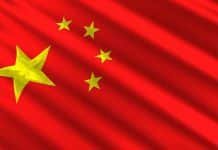
NEW DELHI — In preparation for the impending 2024 elections across 90 nations, Surfshark’s Research Hub has unveiled a comprehensive analysis exposing a disturbing global trend – increased internet restrictions jeopardizing the integrity of electoral processes. The report reveals a correlation between internet blackouts and compromised freedoms, as governments manipulate digital communication to control public narratives.
Lead Researcher Agneska Sablovskaja warns that election season often brings a wave of internet shutdowns around the world. He informed that their Research Hub’s examination of internet freedom in 196 countries indicates a significant link between digital censorship and broader violations of personal, civil, and economic freedoms.
The study finds that among the countries gearing up for elections in 2024, 12 have a history of imposing internet restrictions during electoral periods. Since 2015, 75% of these interventions involved severing network connectivity, disrupting the essential flow of information crucial for transparent electoral processes. Other measures predominantly included social media blackouts, hindering citizens’ communication, organization, and ability to voice objections.
Sub-Saharan Africa and Southern Asia under scrutiny
The report sheds light on the disproportionate impact on specific regions, with Sub-Saharan Africa leading with 29 reported cases of election-related internet censorship since 2015, closely followed by Southern Asia with 28 incidents. Countries in these areas, including Mali, Malawi, Chad, Mauritania, India, Iran, Pakistan, and Bangladesh, face heightened risks of internet blackouts as their elections approach.
The spring season presents significant challenges for India and Iran, gearing up for parliamentary elections under the shadow of their records of internet clampdowns. India, with four instances since 2015, and Iran, with three, are displaying worrisome patterns that suggest a continuation of digital suppression tactics in the upcoming elections.
Additionally, Belarus, entering the election arena with its upcoming parliamentary elections, raises concerns based on the extensive internet disruptions experienced during its latest presidential election. The strategic blocking of social media channels, particularly Twitter, highlights a trend of stifling political participation and societal dialogue through digital means.
As nations gear up for 2024 elections, Surfshark’s findings underscore the pressing need for vigilance against the escalating threat to internet freedom during critical democratic processes.
Follow Us
The Kashmir Pulse is now on Google News. Subscribe our Telegram channel and Follow our WhatsApp channel for timely news updates!










